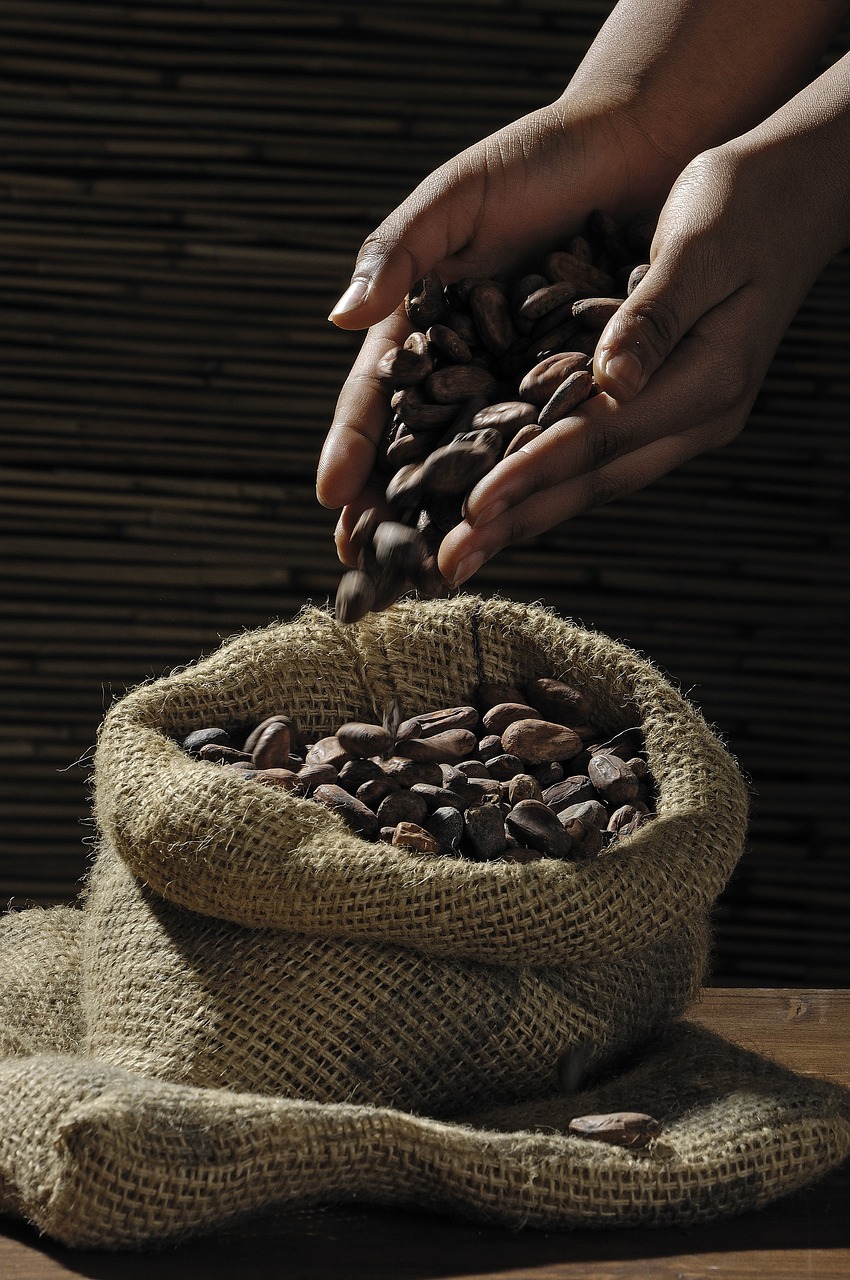Winter can be a magical time of year, bringing festive joy, stunning snow-covered landscapes, and cozy evenings by the fire. However, it also presents challenges for our health. The drop in temperature, increased time spent indoors, and flu season can all take a toll on our well-being. By following practical, science-backed strategies, you can navigate winter while staying healthy, active, and full of energy.
Minimize Exposure to Colds and Flu
Winter is synonymous with cold and flu season, and while it's impossible to completely avoid exposure, there are effective ways to minimize your risk. Recent studies confirm that respiratory viruses spread more easily in dry, cold air, making indoor environments with recirculated air particularly high-risk.
Wearing a mask in crowded spaces, washing hands frequently, and avoiding face-touching are key preventive measures. Additionally, carrying a high-alcohol-content hand sanitizer can reduce your chances of infection. Studies suggest that proper ventilation in indoor spaces can lower the concentration of airborne viruses, so open windows when possible.
Recent research also highlights the importance of nasal hydration. Dry nasal passages can make it easier for viruses to infect the body. Using a saline spray or humidifier can help maintain moisture and strengthen your natural defenses.
Boost Your Immune System Naturally
Supporting your immune system is crucial during winter. A well-balanced diet rich in essential nutrients can make a significant difference. Recent studies emphasize the role of vitamin D in immunity, as many people experience deficiencies due to reduced sunlight exposure in winter.
Good sources of vitamin D include fatty fish, fortified dairy products, and egg yolks. Additionally, supplementation may be beneficial, especially for those in northern latitudes. Zinc and vitamin C also play vital roles in immune function. Foods like citrus fruits, bell peppers, and nuts provide these crucial nutrients.
Equally important is stress management. Chronic stress weakens the immune response by increasing cortisol levels. Mindfulness, meditation, and regular physical activity have been shown to reduce stress and support immune resilience.
Eat a Nutrient-Rich Winter Diet
It's tempting to reach for comfort foods in the colder months, but prioritizing nutrient-dense options helps maintain both energy levels and immune function. Seasonal vegetables like sweet potatoes, squash, and carrots are excellent sources of beta-carotene, which supports immune health. Fermented foods such as yogurt, kefir, sauerkraut, and kimchi promote gut health, which plays a crucial role in overall immunity. Research has shown that a well-balanced gut microbiome enhances the body's ability to fight off infections.
Another common winter craving is sugar. While indulging occasionally is fine, excessive sugar intake can suppress immune function. Opt for natural sweeteners like honey or reach for fruit instead of processed sweets.
Stay Warm and Protect Your Circulation
Cold weather doesn’t directly cause colds, but it can weaken the body’s defenses. Studies suggest that exposure to cold temperatures can constrict blood vessels, potentially reducing the immune response in the nasal passages.
Layering clothing effectively is key. Wear moisture-wicking base layers to keep dry, insulating middle layers to retain warmth, and windproof outer layers to protect against harsh elements. A well-fitted hat, gloves, and insulated shoes also help maintain body heat. Recent research highlights the cardiovascular risks of extreme cold, particularly for individuals with hypertension or heart disease. Ensuring you stay warm can reduce strain on the heart and lower the risk of cold-induced health complications.
Stay Active Despite the Cold
Regular exercise is essential for maintaining good health, but motivation can decline in winter. Finding enjoyable indoor alternatives such as yoga, resistance training, or home workout apps can help maintain fitness levels. Studies have shown that even short, high-intensity interval training (HIIT) sessions can provide significant health benefits. For those who enjoy outdoor activities, winter sports like skiing, ice skating, and hiking can provide excellent cardiovascular workouts while boosting mood. Just be sure to warm up properly, as muscles and joints are more prone to injury in cold temperatures.
Daylight exposure is also important. Reduced sunlight during winter can lead to seasonal affective disorder (SAD), a type of depression linked to low serotonin levels. Spending time outdoors during daylight hours or using a light therapy lamp can help mitigate symptoms.
Prioritize Sleep and Recovery
Quality sleep is crucial for immune function, energy levels, and mental health. Winter’s longer nights can be an opportunity to improve sleep hygiene. Recent research suggests that reducing exposure to blue light from screens before bedtime can improve sleep quality. Establishing a consistent sleep schedule, keeping the bedroom cool, and avoiding caffeine in the evening can all contribute to more restful sleep. Herbal teas like chamomile or valerian root may also promote relaxation and better sleep.
In addition, staying hydrated is often overlooked in winter. Indoor heating can cause dehydration, which can impact overall energy levels and skin health. Drinking herbal teas and consuming water-rich foods like soups and fruits can help maintain hydration.
Winter doesn't have to be a season of sluggishness and sickness. By taking proactive steps—boosting immunity, eating well, staying active, keeping warm, and prioritizing sleep—you can fully enjoy all that the season has to offer while staying in top form. With a little preparation and mindfulness, you can make this winter your healthiest yet.













